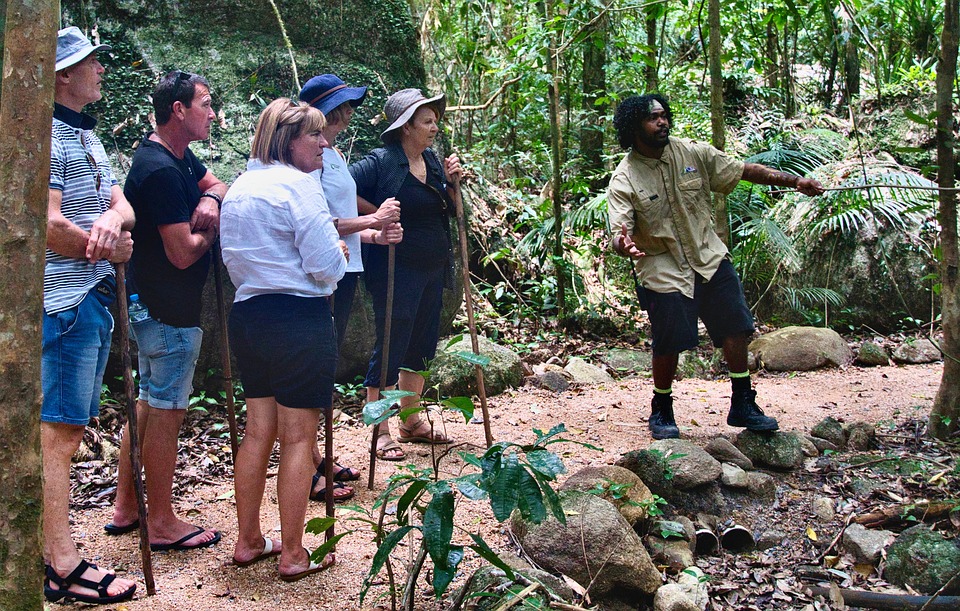Academic success is not merely a product of innate intelligence; rather, it derives from the effective application of study skills. Essential study skills encapsulate methods and techniques that help students learn efficiently and retain knowledge, leading to better academic performance. In this article, we will outline key study skills that can serve as a blueprint for students aiming for success in their educational pursuits.
1. Time Management
Time is an invaluable resource for students. Without effective time management, it is easy to become overwhelmed by assignments, exams, and responsibilities. To manage your time effectively:
- Create a Study Schedule: Allocate specific time blocks for each subject, balancing study sessions with breaks.
- Prioritize Tasks: Use the Eisenhower Matrix to distinguish between urgent and important tasks.
- Set Goals: Break larger assignments into smaller, manageable tasks and set deadlines for each.
2. Active Learning
Active learning involves engaging with the material through various techniques. This not only enhances understanding but also boosts retention. Key strategies include:
- Summarization: After reading a chapter, summarize the main points to reinforce understanding.
- Teaching Others: Explaining concepts to someone else can solidify your grasp of the material.
- Mind Mapping: Visualize connections between concepts to enhance memory and comprehension.
3. Effective Note-Taking
Good note-taking skills are essential for reviewing material later. Different methods can be employed to enhance note-taking:
- The Cornell Method: Divide your notes into cues, notes, and a summary section to organize information effectively.
- Outlining: Use an organized structure to differentiate between main topics and subtopics.
- Digital Tools: Utilize apps like OneNote or Evernote to keep your notes organized and accessible.
4. Test Preparation
Preparing effectively for tests is critical for achieving good results. Here are some effective strategies:
- Practice Tests: Take practice exams to familiarize yourself with the format and identify weak areas.
- Study Groups: Collaborate with peers to discuss concepts and solve problems together.
- Spaced Repetition: Review information regularly over increasing intervals to enhance memory retention.
5. Personal Well-being
Maintaining a healthy lifestyle contributes significantly to academic success. Focus on:
- Nutrition: A balanced diet fuels both the brain and body. Include fruits, vegetables, and whole grains in your meals.
- Physical Activity: Regular exercise increases cognitive function and reduces stress.
- Sufficient Sleep: Lack of sleep can impair focus and retention. Aim for 7-9 hours per night.
6. Utilizing Resources
Take advantage of available resources, both academic and non-academic, to aid your studies:
- Library Resources: Explore books, journals, and databases that can provide additional information.
- Online Courses: Platforms like Coursera or Khan Academy offer supplemental material on various subjects.
- Tutoring Services: Seek help from tutors for subjects you find particularly challenging.
Conclusion
Developing essential study skills is a journey, not a destination. By integrating these techniques into your academic routine, you can enhance both your understanding of the material and your ability to perform well in assessments. Remember that consistency is key; regularly practicing these skills will lead you to academic success and a more fulfilling educational experience.
Frequently Asked Questions (FAQs)
1. What are study skills?
Study skills are techniques and strategies that enable effective learning and retention of information. They include time management, active learning, note-taking, and test preparation methods.
2. How can I improve my time management skills?
You can improve time management by creating a study schedule, prioritizing tasks, and setting realistic goals. Use planners and apps to stay organized and track your progress.
3. Why is active learning important?
Active learning engages students in the process and encourages deeper understanding and retention of information. It shifts the focus from passive absorption to active participation.
4. What should I do if I struggle with note-taking?
If note-taking is a challenge, consider using different methods, such as the Cornell Method or digital tools. Practice summarizing content after lectures to improve your skills over time.
5. How can I find resources to help with my studies?
Utilize your school’s library, seek study support services, and explore online platforms like Coursera, Khan Academy, or other educational websites for extra help.
